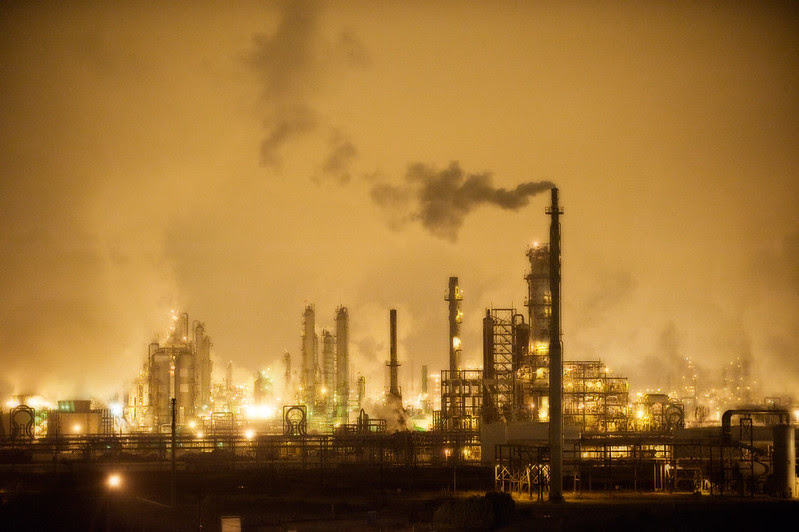By Jason Petrochko, Citizens for a Healthy Jessup, Northeastern PA Group
Just days after the Pennsylvania legislature passed—with overwhelming bipartisan support—a massive tax break to lure petrochemical and fertilizer plants to the commonwealth, the scientific journal Nature published a new study that shows Pennsylvania leading the nation in premature deaths from air pollution. Although passed under the guise of bringing prosperity to the commonwealth, incentivizing the development of yet another massive polluting industry to piggyback on and further boost our fracking industry will certainly do nothing to reverse this air quality problem. Furthermore, it will make it even harder for Pennsylvania to meet its stated goal of reducing its carbon footprint.
Perhaps the most immediate problem with this type of broad-brush environmental policy, however, is that it leaves local communities vulnerable in much the same ways as lax policies on pipelines, fracking, and natural gas power plant development have. While job creation may be an admirable goal for legislation in general, failing to see the downside to communities has historically led to disastrous effects for residents who end up saddled with such development. Similar handouts to the industry, including free transport of gas through Pennsylvania pipelines, the lack of a fracked gas extraction tax, and taxation on power plants well below the standard in nearly every other state have left local governments responsible for protecting their residents from pollution, infrastructure damage, individual property value loss, underfunded schools, and health issues that only become clear years after development occurs. This type of legislation ignores the true cost of such incentives and handouts to the fossil fuel industry.

Photo by Louis Vest
Before state promotion of this kind of development can be considered, hard questions must be asked about whether it is possible for petrochemical plants to safely coexist alongside residential neighborhoods, schools, and workplaces, not to mention public water sources. It must be understood that many communities lack modern zoning ordinances that feature specific protections from this type of development. The full health risks and negative economic impacts that these facilities can cause must be fully understood in order to determine how to limit or eliminate those impacts. At minimum, standards of funding for air and water quality monitoring, minimum funding for emergency first responders who will face new dangers from these plants, minimum funding for communities that will need to repair infrastructure damaged by development, and minimum funding for local schools are needed to ensure that taxpayers do not face increased costs or that these services go unprovided because of a handout to industry.
Legislation such as this latest one-sided giveaway to industry reveals a Pennsylvania legislature that does not think critically enough when promoting such developments on the premise of economic prosperity, jobs for their union supporters, and a better life for Pennsylvanians. Their lack of foresight often leaves residents without safe minimum standards of protection that instead make such promises empty. Sadly, the legislature is never as quick to rectify these inequities as they are to pave the way for them.
1 For example, an analysis estimated the total costs of the Atlantic Sunrise pipeline at between $21 billion and $92 billion